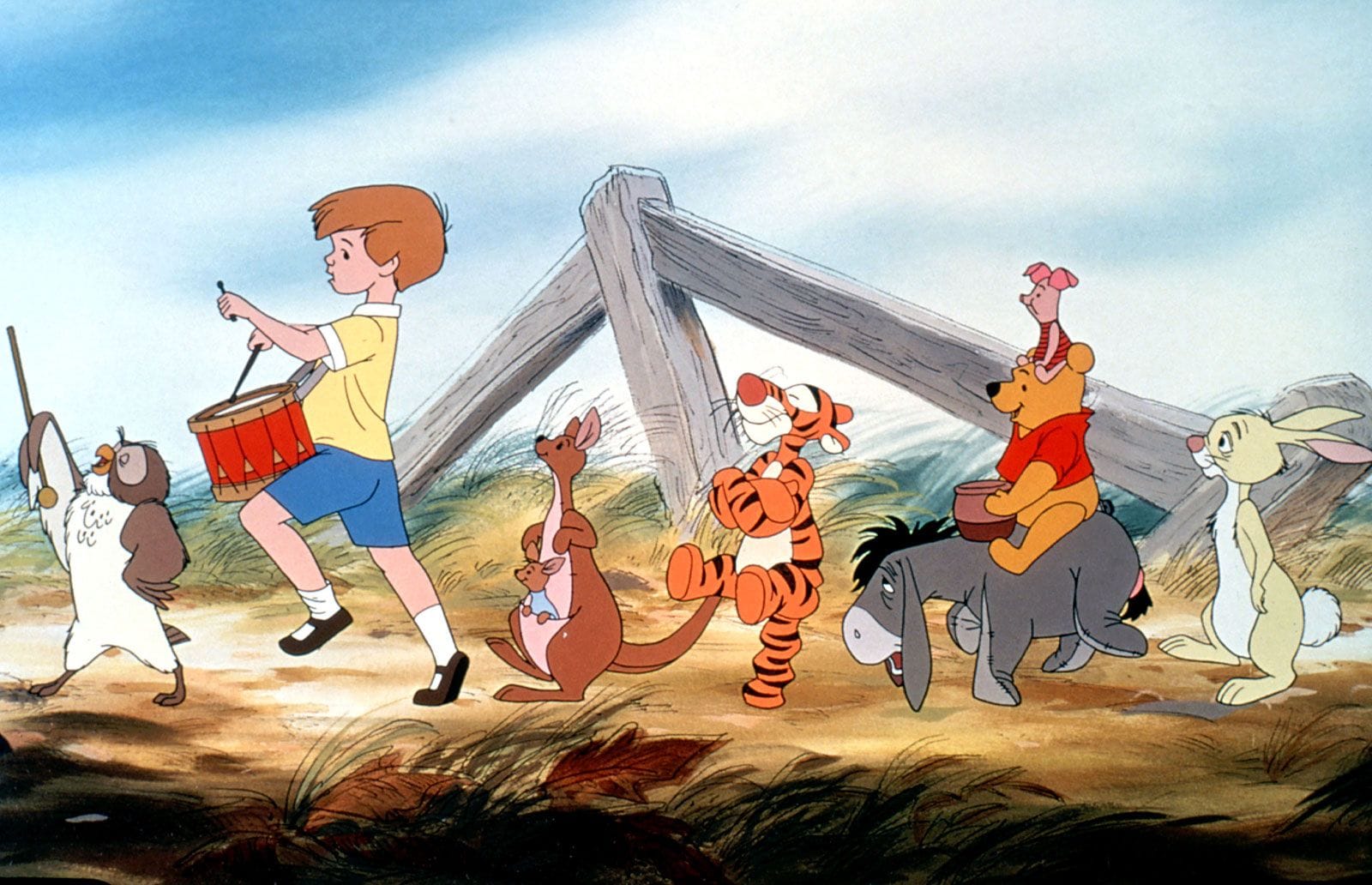Unlocking Winnie The Pooh: Mental Health In The Wood
Could the whimsical world of Winnie the Pooh, a childhood staple for generations, actually be a poignant reflection of mental health challenges? It turns out that the seemingly innocent adventures in the Hundred Acre Wood might hold a deeper, more complex meaning than we ever imagined, offering a unique lens through which to understand neurodivergence and various mental health conditions.
What appears on the surface as a charming collection of stories about Christopher Robin and his loyal animal companions in a beautiful forest can be reinterpreted with a modern understanding of psychology. Generations of readers have enjoyed A.A. Milne's tales, but perspectives evolve. It becomes evident that these stories might depict individuals grappling with significant emotional and psychological difficulties. In 2000, a groundbreaking article published in the Canadian Medical Association Journal, titled "Pathology in the Hundred Acre Wood: A Neurodevelopmental Perspective on A.A. Milne," sparked this very discussion. Milne himself may have implicitly suggested that the characters in Winnie the Pooh could symbolize various mental health disorders.
| Category | Information |
|---|---|
| Title of Study | Pathology in the Hundred Acre Wood: A Neurodevelopmental Perspective |
| Publication Year | 2000 |
| Journal | Canadian Medical Association Journal |
| Authors | (Note: While the original query doesn't provide author names, a search for the article will reveal them. Typical authors are pediatric neurodevelopment specialists.) |
| Hypothesis | Characters in Winnie the Pooh may represent various mental health disorders and neurodevelopmental conditions. |
| Characters Analyzed | Winnie the Pooh, Piglet, Eeyore, Tigger, Rabbit, Owl, Christopher Robin, etc. |
| Mental Health Associations |
|
| Key Finding | The characters exhibit behaviors and traits consistent with diagnostic criteria for various mental health conditions. |
| Impact | Popularized the idea of using fictional characters to understand and destigmatize mental health disorders. |
| Limitations | Retrospective analysis; not a formal clinical diagnosis; should not be used to self-diagnose or diagnose others. Relies on interpretation. |
| Reference Link | CMAJ - Pathology in the Hundred Acre Wood |

The Mental Health of Winnie the Pooh and Friends A Thoughtful Look at

Winnie the Pooh and friends all have mental health disorders Upworthy

Exploring the hundred Acre Wood (Winnie the Pooh) Preloved Hard Cover